So, here's the deal. I had this idea for a suspense novel set on a research base in Antarctica. Because I didn't know squat about Antarctica, I did my research to find out about the scientific facilities on the continent at the bottom of the world. Thirty countries have stations or bases on the continent for the purpose of research. Many of the projects could not be conducted anywhere else in the world.
Then, in 2015, I took one of my grandsons [14 years-old at the time] on a cruise that goes to Antarctica. Even though we only saw the part of Antarctica closest to Cape Horn, it was an adventure of a lifetime. Traveling to a place you are writing about gives an author new perspective on the location. Nothing that a person can attain from reading and researching. Although we didn't go inland, I got a good sense of the cold and remoteness of the continent, and the constant struggle to survive there.

Ann [me], Anne Lane [my niece]
and Dante [my grandson]
Thirty countries, as of October 2006, all signatories to the Antarctic Treaty, operate the bases, some of which are year-round facilities, and others which are occupied only in the summer months. There are no hotels or tourists facilities on the continent, although I read that tourists can actually visit and stay overnight at some of research stations.
WHAT? NO GOVERNMENT?
No government? Oh, I love it already.
Antarctica never had an indigenous population. It doesn't belong to a country, or any group of countries, and has no nationality. Systematic exploration began with the International Geographic Year, July 1957 through December 31, 1959. After that, the representatives of the twelve nations involved in the exploration met in 1959 and drafted the Antarctic Treaty, which dedicated the entire continent to peaceful scientific research.
When it came into effect, all territorial claims were suspended. Now nearly fifty countries have signed the treaty, which represents about 80% of the world population. The result is a continent never been affected by war, where the environment is protected, and where the priority is scientific research. Wow!The result is a continent that has never been affected by war, where the environment is protected, and where the priority is scientific research.
YOU CAN'T GET THERE FROM HERE
That's not quite true, but it isn't easy. Access is by ship, sometimes, and plane, also sometimes.
There are twenty airports but no developed public access airports or landing facilities. Thirty of the stations have landing facilities for helicopter or fixed-wing aircraft.The only harbor is at McMurdo Station. Most of the coastal stations have anchorages off shore, and supplies are transferred by small boats, barges, or helicopters.
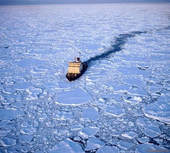
BABY, IT'S COLD DOWN HERE
Although weather conditions in Antarctica are the harshest in the world, it doesn't rain or snow a lot...approximately one inch of water a year at the South Pole itself, and about twenty inches of water along the coast.
It is, however, the proud home of the lowest temperature ever measured (minus -129° F) and winds have been recorded up to 200 miles per hour. The snow that has fallen is always blowing around.
Only cold-adapted organism such as certain types of algae, bacteria, fungi, and certain animals such a mites, nematodes, penguins, seals, and tardigrades (microanimals with eight legs), can survive.
Antarctic penguins have fun in the icy water So do the seals
Ugh! I am soo glad tardigrades are microscopic. They're called "Water Bears" and they can also survive in outer space with no protection. And yes, there are Southern lights, although we didn't see them on out trip because it was the wrong time of year. The first photo of the lights below was taken by Minoru Yoneto on September 11, 2015 @ Queenstown, New Zealand “A big stream of solar wind gave us four lovely colors of Southern Lights,” he says.
The first photo I saw was the Argentinian base at Paradise Bay [top row, third photo], needless to say, I was rather underwhelmed. However, quickly enough I found myself looking at buildings out of Star Wars. The top right is Britain's Antarctic Research Station, which looks lie a Spaceship.
The second row, left to right: Neumayer Station-the German research facility; a component of the British Halley VI station, is being moved to another location; Another of the type of module which is strung together in the Halley VI. The British have several research facilities on Antarctica, as do the Americans.
POLLUTION PROBLEMS AND THE FUTURE OF ANTARCTICA
You can't take us humans anywhere!
Even though Antarctica is one of the most pristine environments on Earth, it has pollution problems. And, ironically, those environmentalists and scientists who are the champions of protection of the continent are also the perpetrators. These wondrous research stations are the contributors who release chemicals and waste into the environment that is hurting penguins and other wildlife. The most recent, although not the only problem, is a toxic flame retardant.
In addition, similar to much of the planet, Antarctica appears to be affected by a long term global warming trend. Ice shelves along the Antarctic Peninsula have broken up, and higher than normal temperatures have caused breeding disturbances among Adelie penguins, and there is concern over holes in the ozone layer.
Nothing can be left on Antarctica except human waste, which is disposed of in a somewhat ecological way - at least for the time being. Everything else, every used tissue, scrap of food, metal,
toxic chemical, etc. has to be crated and sent by plane or ship back for disposal on inhabited land.
Nonetheless, Antarctica is a good contender for your bucket list.
Resources
http://wonderfulantarctica.com/scientific-research-in-antartica/
http://www.destination360.com/antarctica/research-stations
http://www.coolantarctica.com/Community/mcmurdo/mcmurdo_base_antarctica.htm
http://news.nationalgeographic.com/news/2014/03/140304-antarctica-research-toxic-adelie-penguins-mcmurdo-station-science/
http://www.coolantarctica.com/Antarctica%20fact%20file/science/government_antarctica.php
http://www.adventure-life.com/antarctica/antarctica_faq.php
http://www.whatdoesitmean.com/index1560.htm
http://www.ecophotoexplorers.com/AntarcticaStations.asp
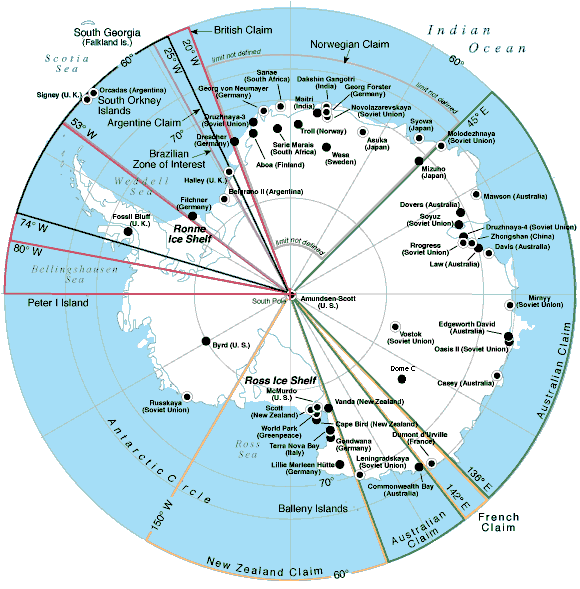
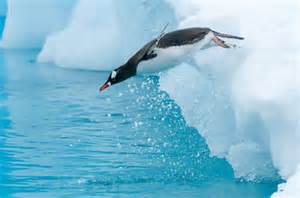
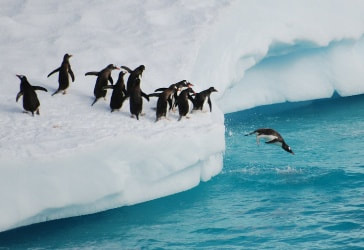
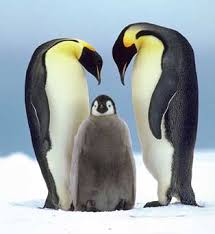

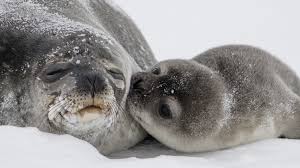
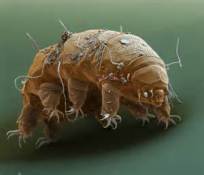
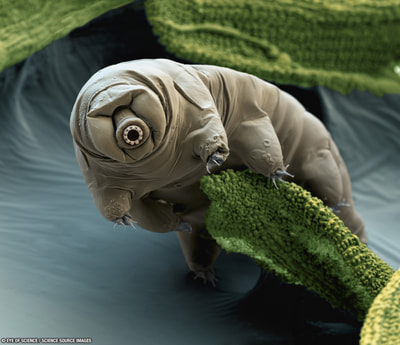
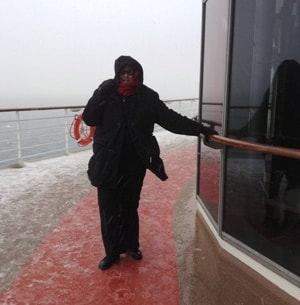
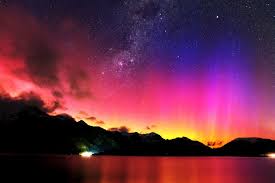
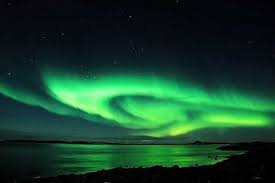
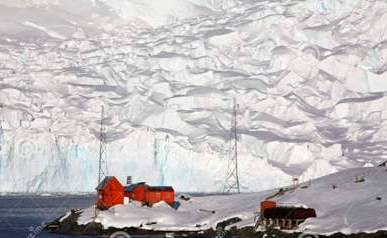
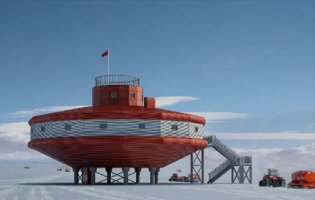
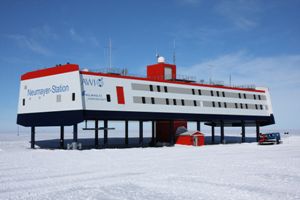
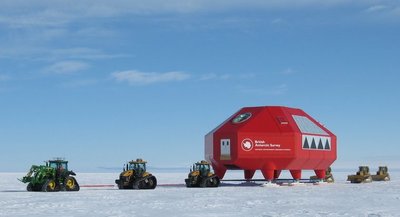
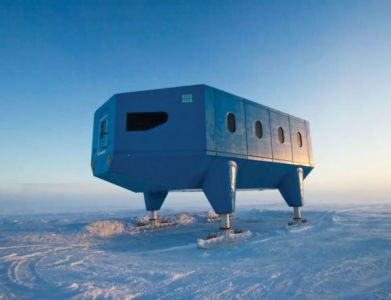
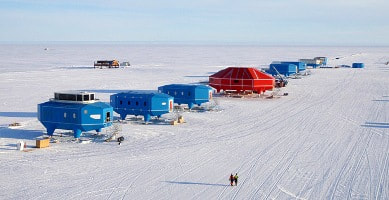
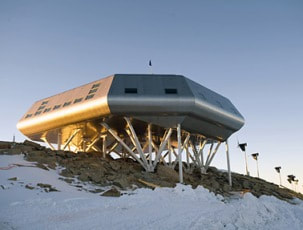
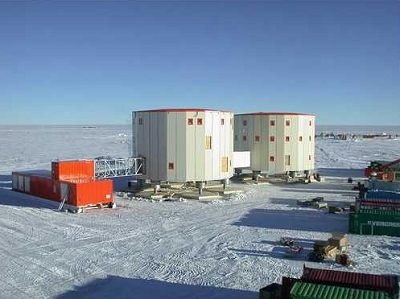
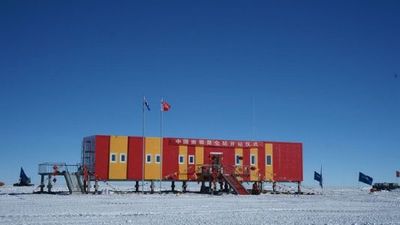
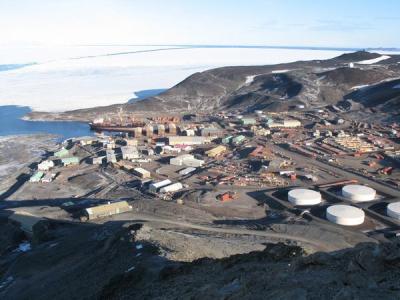
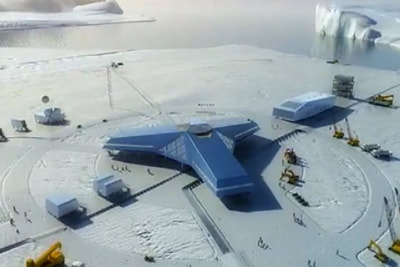
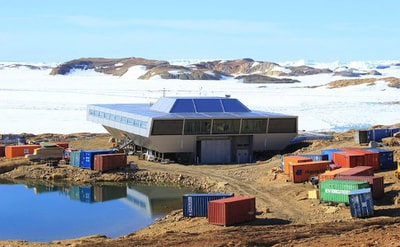
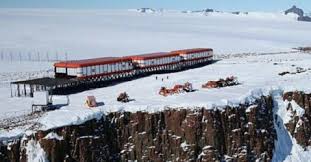
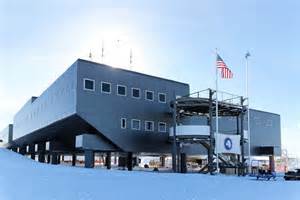
 RSS Feed
RSS Feed